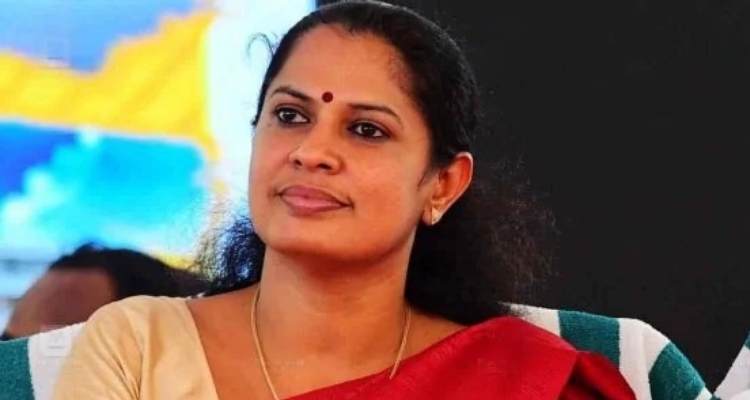
A Kerala court has recently denied anticipatory bail to CPI(M) leader PP Divya, who is accused of abetting the suicide of former Kannur Additional District Magistrate (ADM) Naveen Babu.
The ruling was issued by Principal District and Sessions Judge K T Nissar Ahammed in Thalassery, with details of the order pending.
The controversy began during a send-off function for Babu on October 14, where Divya, the former president of the Kannur district panchayat, criticized him for delaying the approval of a petrol pump in Chengalai for several months. She noted that Babu granted approval only two days after his transfer, implying she was aware of the reasons behind the sudden decision. The following day, Babu was found dead in his quarters in Kannur.
On October 19, after police registered a case against her under Section 108 of the BNSS for abetting the suicide, Divya sought anticipatory bail from the Thalassery Sessions Court. The decision was welcomed by Babu’s family. His widow, Manjusha, expressed her relief, stating, “The person responsible for destroying our lives must be arrested, and we will go to any lengths to ensure justice.” She added, “I have nothing more to say, but we will go to any extent,” during a statement at her home in Malayalappuzha, Pathanamthitta district.
During the bail hearing, Divya claimed her comments about Babu were based on complaints of corruption she had received. Her lawyer argued that the Kannur District Collector had informed her about the farewell ceremony and asked if she would attend, to which she agreed.
However, the prosecution contested Divya’s claims, presenting the District Collector’s statement, which indicated that she was not invited to the ceremony. It was noted that the Collector had even requested her not to make corruption allegations during the event.
The lawyer representing Babu’s family and the prosecution opposed Divya’s bail plea, emphasizing that she had been removed from her position as District Panchayat President by the CPI(M) following the charges against her. They argued that Divya’s allegations appeared “pre-planned,” suggesting she might manipulate evidence and was not cooperating with the Revenue Department’s investigation.
Moreover, the prosecution asserted that there were no corruption complaints against Babu, further complicating Divya’s defense. As the case unfolds, the court’s decision highlights the ongoing tensions surrounding this tragic incident and the broader implications for accountability and justice in public service.




